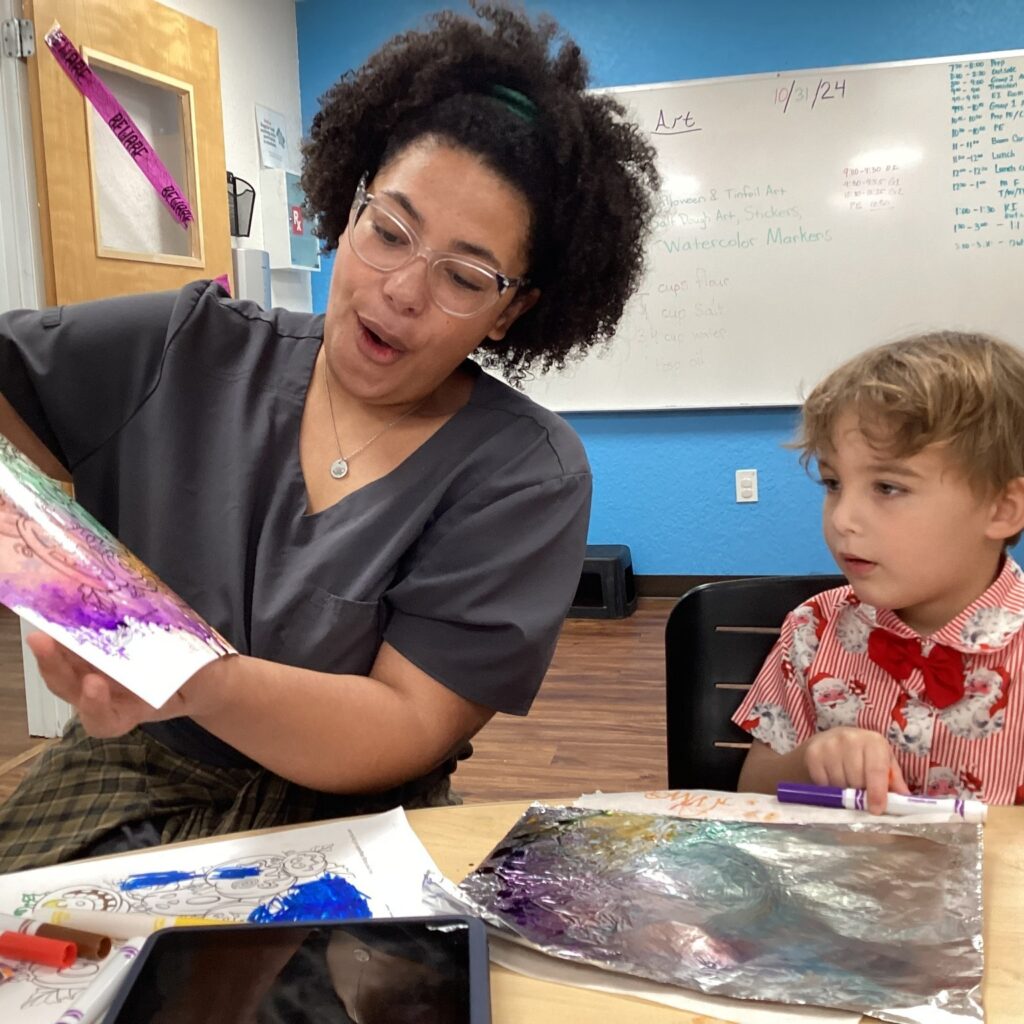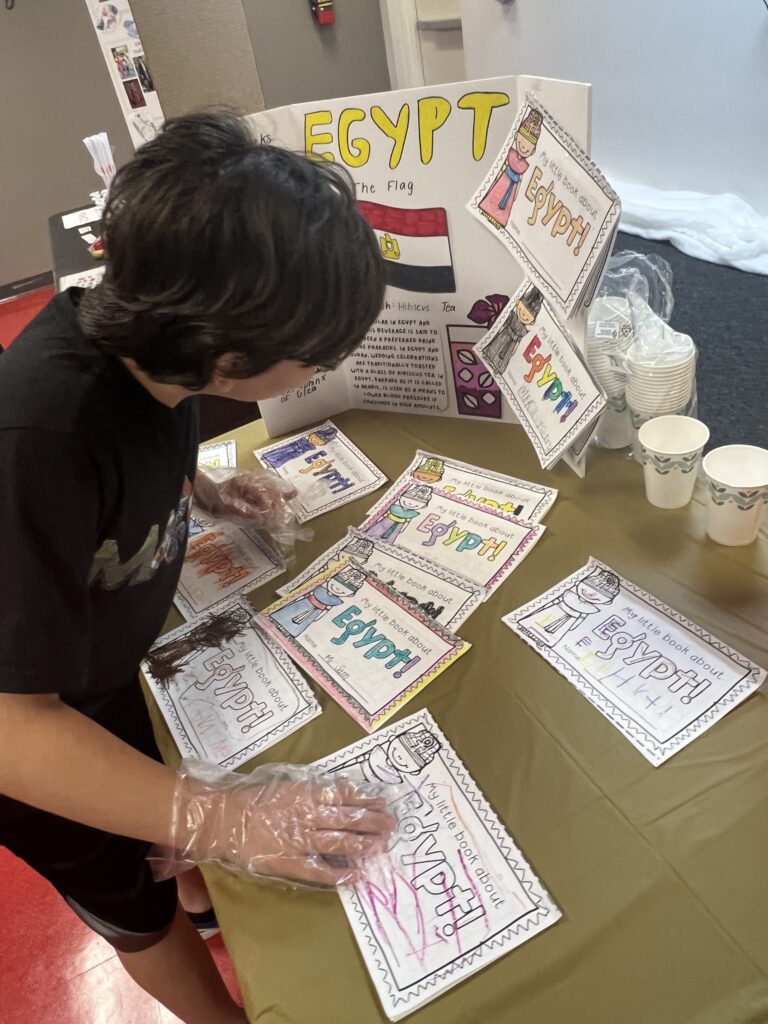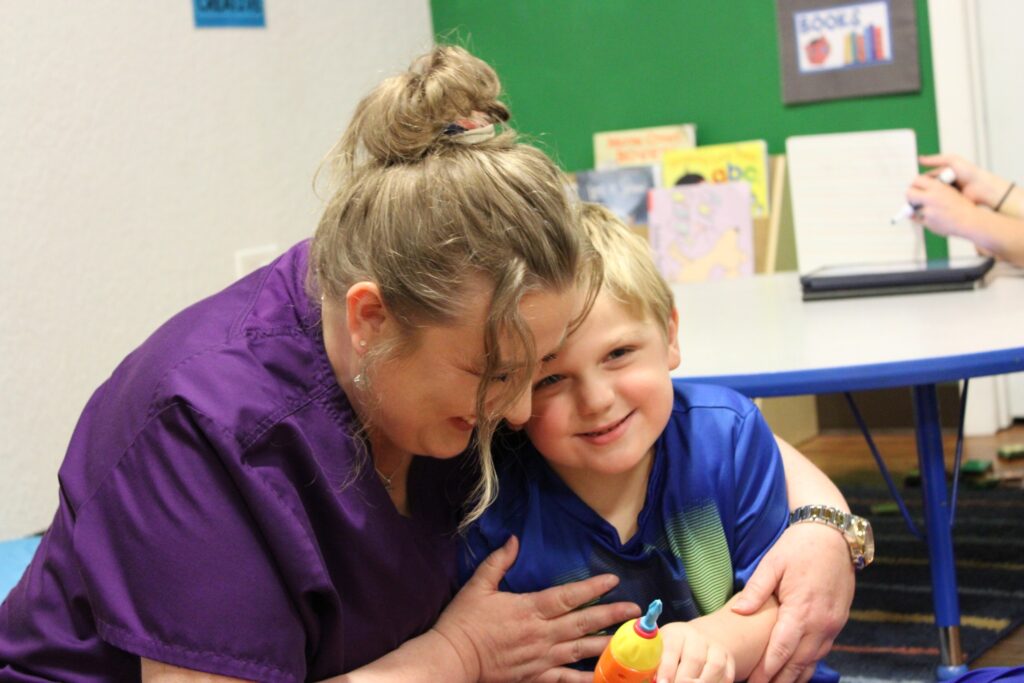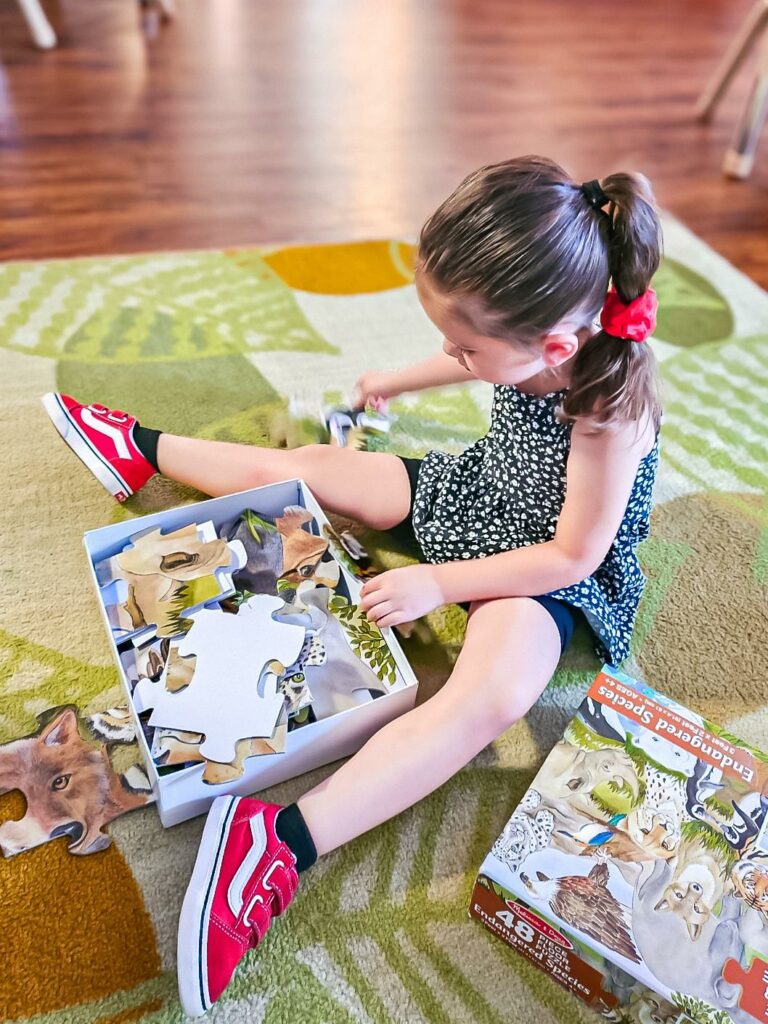In present society there is an increasing acknowledgment of neurodiversity as more families face the hurdles linked to ADHD and autism. Pam and The Purple Couch podcast seeks to connect scientific knowledge with the realities of parents lives. By incorporating expert insights and personal stories we aim to offer guidance and assistance to families working to provide the care and education for their neurodiverse children.
Understanding Neurodiversity
Neurodiversity is about the differences in how our brains work and how we behave. It recognizes that there are various neurological conditions like autism, ADHD, and dyslexia. For parents, grasping the concept of neurodiversity is crucial as it allows them to see their child’s characteristics as part of a wider range of human experiences.
At first parents may find it hard to accept their childs diagnosis. Its important to keep in mind that every child is one of a kind. Their neurodiverse qualities can bring about strengths and talents that are just as valuable as any difficulties they may face. This viewpoint not only offers a sense of freedom, but can greatly impact how parents approach their childs learning and care.
Early Signs and Diagnosis
Identifying signs of neurodiversity can be crucial. For parents worries often arise when their child is just a year old. These signs may manifest as difficulties in interactions, delays in communication and behaviors that deviate from the norm.

When looking for a diagnosis it’s crucial to reach out to experts in neurodevelopmental disorders. A thorough evaluation can offer insights and pave the way for intervention strategies. Keep in mind that identifying a condition can result in improved outcomes for kids by allowing for customized educational and therapeutic methods.
Educational Approaches for Neurodiverse Children
Education plays a role, in shaping the growth of children with different neurological profiles. Conventional schooling environments might not cater to their specific requirements underscoring the importance of parents pushing for tailored teaching approaches.

- Individualized Education Plans (IEPs): These are crucial for children with disabilities. An IEP outlines specific educational goals and the services the school will provide.
- Inclusion Programs: These programs allow neurodiverse children to learn alongside their neurotypical peers, fostering social skills and reducing stigma.
- Alternative Educational Settings: Schools like Puzzlebox Academy focus on creating environments that cater specifically to neurodiverse learners, ensuring they receive a well-rounded education.
Effective Treatment Strategies
In terms of addressing treatment options parents have a range of choices to consider. Approaches backed by research like Applied Behavior Analysis (ABA) have gained popularity for their proven success in assisting children with autism.
It’s important to be cautious when considering treatments. Parents should look for experts and make sure the approach suits their child’s specific requirements. The focus should be on fostering an atmosphere that promotes development and self sufficiency.
Unable to load the picture
Building a Supportive Home Environment
Fostering a supportive atmosphere at home is crucial, for the growth of children. Here are a few approaches that can be beneficial.
- Establish Routines: Routines provide stability and predictability, which can be comforting for children with neurodivergent traits.
- Promote Open Communication: Encouraging children to express their thoughts and feelings can foster emotional intelligence and resilience.
- Focus on Strengths: Identify and celebrate your child’s unique abilities and interests, which can help build confidence and self-esteem.
Connecting with Other Parents
Building relationships, with other parents can offer support. Platforms groups and community gatherings serve as excellent opportunities to exchange stories and gain insights from others. Such connections can alleviate loneliness and provide guidance.

Moreover think about contacting groups that specialize in neurodiversity. They typically offer materials, training sessions and activities aimed at assisting families in managing the challenges of bringing up children with diverse needs.
Resources for Parents
Parents have access, to support on their parenting journey. Here are some suggested resources.
- The Purple Couch Podcast: A podcast that connects parents and providers, demystifying autism and sharing valuable insights.
- The Purple Couch Podcast on LinkedIn: Follow for updates and community engagement.
- Facebook Community: Join discussions and connect with other parents.
Conclusion

Nurturing a child with unique neurological traits can be a mix of difficulties and joys. By accepting differences, pushing for teaching methods and creating nurturing atmospheres at home parents can empower their kids to flourish. Keep in mind that you’re not on this path. Seek connections share your stories with others to build a network of encouragement.
The exploration of neurodiversity, ADHD and autism is a process. Families can approach this journey with assurance and optimism by having access to resources and support.
Crafted using VideoToBlog.

